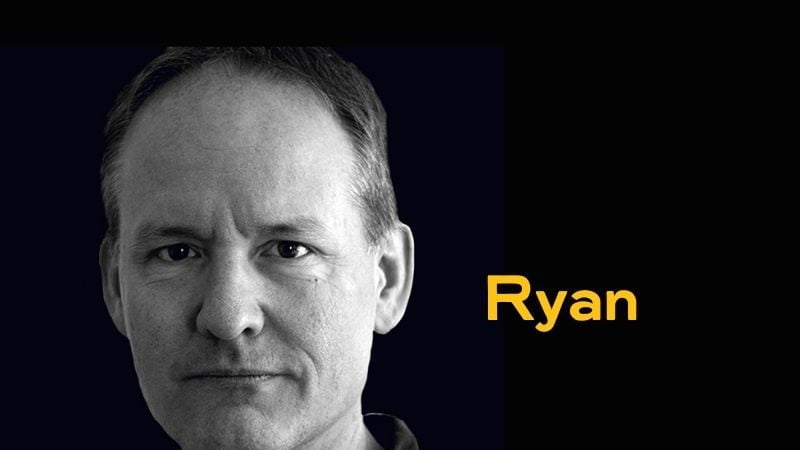Malta is finally getting a museum celebrating its most lucrative industry.
The Baltic countries have museums about amber. Berlin has a currywurst museum. And Malta will have a museum of piracy.
The Tourism Ministry announced that the new shrine to swashbuckling will be housed in Marsascala’s St. Thomas Tower, and that the EU will help pay for it.
The structure, a coastal fortification built by Knights of Malta Grandmaster Wignacourt in 1614, apparently needs €3 million in restorations.
Brussels had better keep a hand on their purse, because these salty dogs know how to drain a treasure chest through direct orders without anyone ever walking the plank.
If you’ve visited the Gozo citadel, you’ve heard stories of pirate raids against Malta. The stone watchtowers that encircle the coast are a testament to the threat that often came from the sea. But foreign residents and visitors may not be aware that the history of Maltese piracy is much richer, and it continues to the be island’s most lucrative ‘industry’ to the present day.
Privateering was practiced in Malta before the arrival of the Knights, but the holy metal-clad crusaders boosted the trade by giving it their blessing, and they took a tax cut from a dubious activity on the fringes of legality. It soon became one of the main commercial activities on the islands.
By the 1640’s, the Knights had lost their sense of purpose and their crusading spirit had faded away. Where they once confined their attacks to Ottoman Muslim shipping, now they were also attacking Venetian and other Christian ships on the flimsiest of pretexts, stealing from their allies when it suited them.
Most of the profits came from kidnapping — stealing and trafficking human slaves — while the rest came from cargo, and from precious material like gold and spices.
The benefits weren’t confined to those who sailed the ships or manned a cannon. Regular Maltese citizens put money into these ventures, too, backing a ship for a share of the take. Even the nuns who prayed for the success of a ship got a legal 5% cut.
Malta would become one of the most important corsairing centres in the entire Mediterranean, with a reputation for having the best dockyard, the best technology, the latest weapons, and some of the most highly skilled pirate crews between Europe and Algeria.
The island was also a ready market for the spoils of war, taking on the role of a fence who disposes of stolen goods. Foreigners moved to Malta to get a corsair license in the same way offshore companies set up there today to practice their own brand of legal piracy.
Malta’s corsairing activities were finally stopped by the British in the 1820’s, and that ingrained drive for easy money took a different turn. As Britain poured cash into the Grand Harbour’s dockyards, transforming them into a naval base, a narrow Valletta alley called Strait Street developed into one of the island’s many hubs of vice.
Noisy sailor’s bars lined the alley, which seamen called “The Gut”, and the entire harbour teemed with brothels offering prostitues of all ages and both genders. Sex workers were murdered, and children were routinely raped for money.
Maltese emigrants also took those skills abroad. Starting in the 1930’s, prostitution in London’s Soho district was controlled by Maltese gangsters, until tougher Balkan gangs pushed them out at the beginning of the 21st century.
So-called ‘Gentlemen’s clubs’ are still a prominent feature of Paceville’s nightlife district.
Malta has long operated as a virtual pirate base for tax avoidance within the EU, to the detriment of their fellow member states, but predatory economic practices for the sake of short term gain hit new lows during disgraced former prime minister Joseph Muscat’s tenure.
Online gaming companies flocked to Malta for its lax regulatory controls and easy banking, a situation that was exploited by Italian mafia families to launder funds.
Human trafficking flourished in Zejtun, where a Chinese-run factory operated with North Korean slave labour. Malta developed close ties with the Kim regime in the dark days of Dom Mintoff, and began issuing visas to North Korean workers when Muscat came to power in 2013.
The government peddles golden residency schemes, and sells Maltese (European Union) passports for cash, providing oligarchs from Russia, China and the Arab states with the ability to live anywhere in the Schengen Zone.
The government also tried to lure cryptocurrency operators with a marketing scheme centred on “blockchain island”, but it failed when banks refused to open accounts for a high-risk enterprise no one seemed to understand.
Fuel is smuggled from Libya, too, and transhipped on the edge of Maltese territorial waters while the island’s authorities turn a blind eye.
Tuna is laundered for multi-million euro profits, arms are trafficked to neighbouring war zones, and tobacco and drugs pass through on locally-flagged ships.
If there’s a scam, it somehow finds its way to Malta, where someone is always eager to get involved for a cut.
A museum of piracy is long overdue. I tip my tricorn hat to this government for finding a way to use EU funds to recognise the practice that has become Malta’s international calling card.













Arrr.
Another insightful article by Ryan which just heaps more shame on all those “ untouchables “ who ensure that their nefarious acts in plundering their booty with total impunity is maintained and nobody seems to give a damn.
What will it take to deliver justice in Malta?
It makes more sense to have a Museum for Corruption. Exhibits of corruption from real life situations wont fail for sure.
PIRACY, YES INDEED. NOT THE HISTORICAL ONE BUT THE ONE
RIGHT IN FRONT OF OUR EYES EVERY DAY BECAUSE POWER
CORRUPTS AND ABSOLUTE POWER CORRUPTS ABSOLUTELY.
The Museum will be managed by Fondazzjoni Wirt Artna who is not connected to the corruption you mentioned. Cut them some slack.